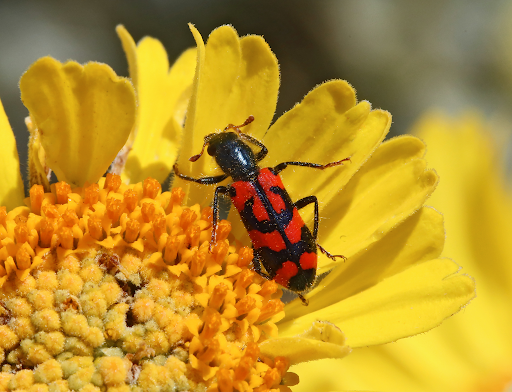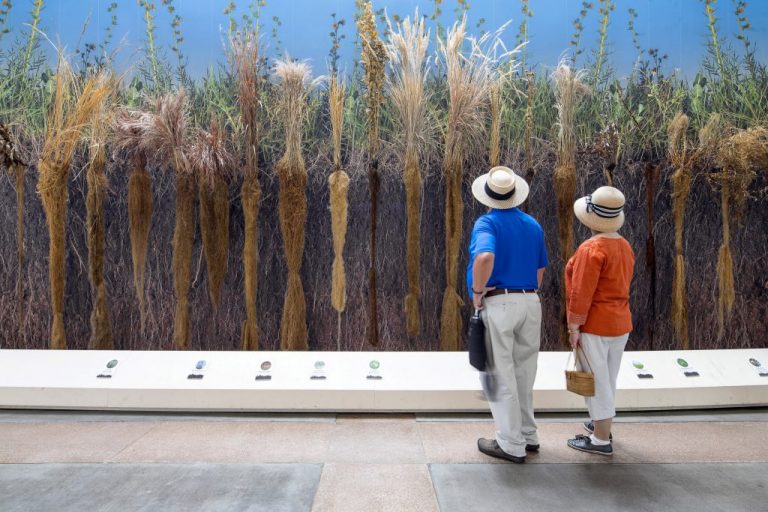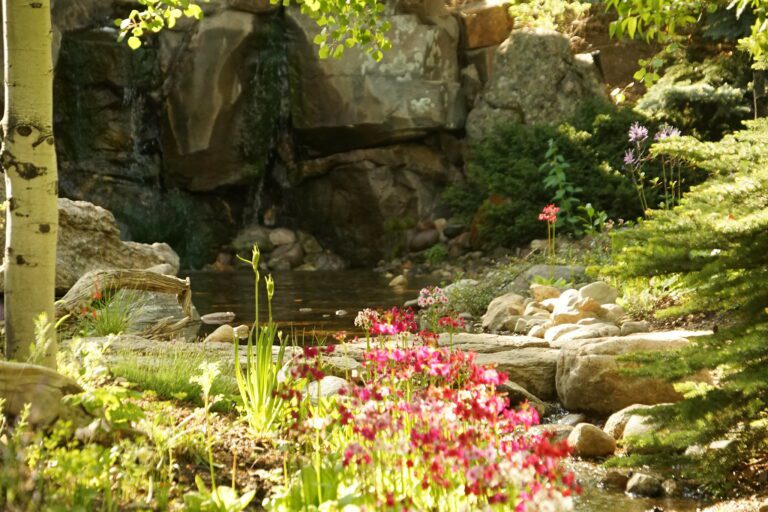On April 22, 2020 Betty Ford Alpine Gardens hosted an inspiring talk on waterwise landscaping in Eagle County, led by our very own Curator of Plant Collections. The event highlighted the importance of sustainable gardening practices, especially in regions where water is precious. Gardeners, plant enthusiasts, and community members gathered to learn how to create beautiful, environmentally conscious landscapes that thrive in the high-altitude climate of the Rockies.
Embracing Waterwise Landscaping
Waterwise landscaping is more than just a trend—it’s a thoughtful approach to gardening that prioritizes water conservation while still delivering vibrant and resilient gardens. In Eagle County, where water resources can be limited and drought conditions increasingly common, adopting waterwise techniques is not only practical but essential. During the event, attendees discovered how they could transform their own outdoor spaces into sustainable oases, all while reducing water usage and supporting local ecosystems.
Our Curator of Plant Collections shared an engaging overview of native species well-suited for waterwise landscaping. Native plants are naturally adapted to the region’s climate and soil conditions, meaning they require less irrigation, fewer chemical treatments, and minimal maintenance compared to non-native alternatives. From colorful perennials to hardy shrubs, participants explored a range of options that provide year-round beauty and ecological benefits.
The Role of Native Plants
One of the key takeaways from the event was the power of native plants to create gardens that are both attractive and sustainable. Unlike non-native species, native plants have evolved to survive in local environmental conditions, including temperature fluctuations, soil composition, and seasonal precipitation patterns. This makes them remarkably resilient and less dependent on supplemental watering.
Attendees learned how incorporating native plants into their landscaping supports wildlife, too. Pollinators such as bees, butterflies, and hummingbirds thrive when gardens feature native flowers, while birds and other small animals find food and shelter in native shrubs and grasses. By choosing plants that belong naturally to Eagle County, gardeners can help maintain the delicate balance of the local ecosystem.
Practical Tips for Waterwise Gardens
The talk also provided practical guidance for homeowners ready to implement waterwise landscaping. Our Curator emphasized strategies such as grouping plants with similar water needs, using mulch to retain soil moisture, and designing landscapes that capture and direct rainwater efficiently. These small but impactful steps not only save water but also enhance plant health and reduce maintenance.
Participants were encouraged to experiment with a variety of native species, considering texture, color, and bloom time to create visually appealing and ecologically balanced gardens. Whether designing a small backyard patch or a larger property, the principles of waterwise landscaping allow for creativity while respecting the environment.
Connecting with the Community
Beyond education, the event fostered a sense of community among local gardeners. Attendees shared experiences, swapped tips, and asked questions about their own garden challenges. The discussion underscored a growing interest in sustainable practices and highlighted the vital role that Betty Ford Alpine Gardens plays as a resource for knowledge and inspiration in the region.
By the end of the presentation, participants left equipped with actionable strategies for creating landscapes that are both stunning and sustainable. Waterwise landscaping is not only about conserving resources—it’s about cultivating a deeper connection to the land and contributing to a healthier environment.
Looking Forward
Events like this exemplify the Gardens’ commitment to education and environmental stewardship. As Eagle County residents continue to face water challenges, understanding and adopting waterwise landscaping practices becomes increasingly important. By planting native species and designing gardens that respect natural resources, each gardener can make a meaningful difference.
If you missed this event, consider exploring our resources on native plants and sustainable gardening, or join us for future talks where we continue to share insights and strategies to nurture both beautiful gardens and a resilient ecosystem. Waterwise landscaping is a simple yet powerful way to make every drop of water count while celebrating the unique beauty of our alpine environment.





